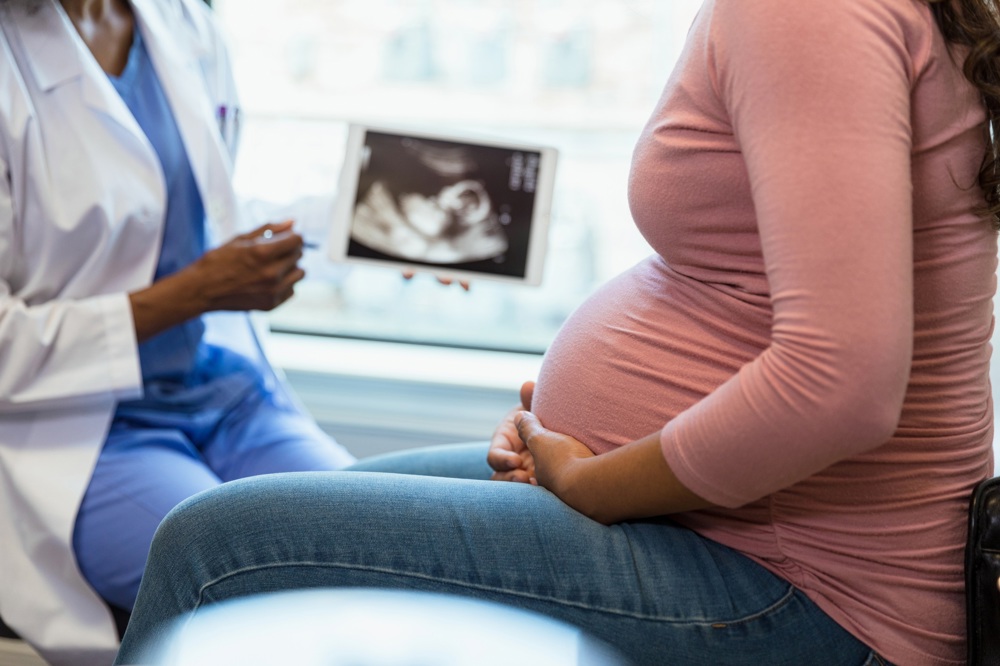Every day approximately 800 women die from preventable causes related to pregnancy and childbirth - meaning that a woman dies around every two minutes.
About three quarters of maternal deaths are caused by postpartum hemorrhage, hypertensive disorders such as pre-eclampsia/eclampsia, infections, unsafe abortion and other delivery-related complications[1]. Nearly all of which can be prevented or treated with effective and timely clinical interventions.
An overwhelming 94% of all maternal deaths globally occur in low-resource settings.[2]
Maternal care should be safe, equitable, high quality and delivered with respect, dignity and compassion. Often the fear of judgement, abuse and disrespect – together with physical barriers such as distance or cost – prevent women and pregnant people from seeking professional healthcare. If they are met with care that is disrespectful, it can cause unnecessary stress, severe trauma and adverse health consequences, especially when it leads them to withdraw from care.
Maternal health includes pre-pregnancy, pre-natal and postnatal care. Our programmes improve pregnancy outcomes through training, strengthening the health system and providing educational resources to our members around the world. The RCOG works with local partners to deliver tailored professional development in essential and emergency obstetric skills to health providers, which is critical to the delivery of safe, quality and respectful care.
[1] https://www.mhtf.org/topics/the-sustainable-development-goals-and-maternal-mortality/
[2] https://www.unfpa.org/featured-publication/trends-maternal-mortality-2000-2017

